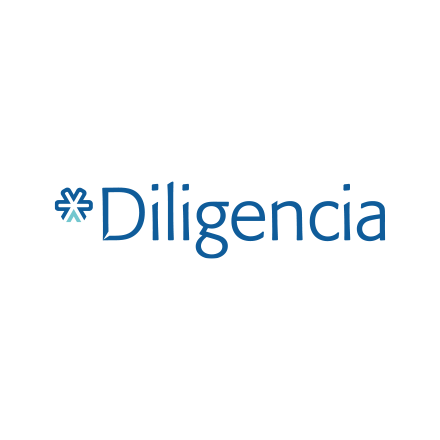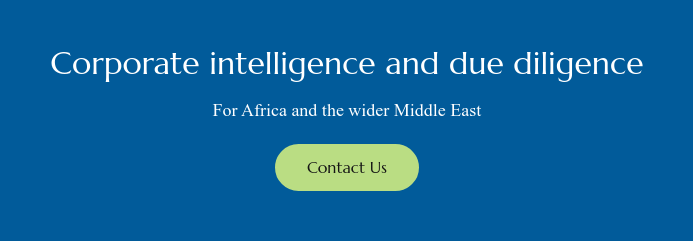In the third of a series of blogs looking at the pharmaceutical industry in four frontier markets, we focus on the main players involved in Sudan’s healthcare sector.
Sudan
The many political and economic challenges Sudan has faced over the last decade – trade sanctions, a major political transition, rapid currency devaluation, to name a few – have undoubtedly had a negative impact on its attractiveness to international companies as a market for pharmaceuticals. Moreover, the ongoing Covid-19 crisis has caused a severe shortage of medicines in Sudan, exacerbated by high USD exchange rates and import controls implemented by the government.
And yet Sudan remains a market that many international pharmaceutical providers should not ignore in the longer term – at least according to industry analysts and multilateral institutions who include Sudan in the top 10 countries that represent 70 per cent of Africa’s entire pharmaceutical market1. Partly this is due to the country’s large and expanding population (currently third largest in the continent) but also due to its strategic position between the Maghreb and southern Africa, as well as a strong potential for future demand as its infrastructure and standards of healthcare provision improve. Political winds are also changing, with Sudan gradually being rehabilitated into the international community as sanctions are lifted and major players such as the US reopen trade and diplomatic channels.
Regulatory regime – the General Directorate of Pharmacy (GDP) was the main arm of the Federal Ministry of Health until recently and used to control several aspects including drug registration and regulatory matters. The National Medical Supplies Fund (NMSF) and the National Medicines and Poisons Board (NMPB) are now responsible for the management and inspection of storage facilities, strategic matters, preparation of statistic and medicinal information, and promoting best practice.
The NMSF operates over 16 branches across Sudan and in 2015, it became legally responsible for providing medicine and medical equipment to government institutions, hospitals and to the public.
The NMPB, also known as the Federal Pharmaceuticals and Poisons Board (FPPB), is governed by the NMPB Law 2009 and is responsible for the registration of drugs, companies, issuing importation and storage licenses, marketing authorisation, monitoring factories, medical trials, types and quantities of drugs that are imported, and imposing limits and restrictions.
Imports vs. domestic capacity – while there is an established set of around 25 local pharmaceutical manufacturers in Sudan the country is heavily reliant on imports, a point illustrated by the fact that less than 15% of licenced drugs are manufactured locally. Arab nations (Jordan, Saudi Arabia, Egypt) are strongly represented amongst the countries of origin, as well as India, and Switzerland.
Key players – entry to market by a foreign company requires appointing a local distributor or establishing a local subsidiary and setting up a local sales presence. Typically, distributors for medical products cover the entire country.
Listed below are Sudan’s local distributors and the key international brands they represent – together with links to their profiles on ClarifiedBy.com:
| Local distributor | Pharmaceutical companies |
| Abdelmoniem Chemicals and Pharmaceutical Company Ltd | Paradox |
| Alpha Medical Agencies | Sanofi Aventis |
| Cisuba | Novartis |
| DAL Medical Services Company (owned by DAL Group) | GlaxoSmithKline, AstraZeneca, Roche, Sanofi SPA |
| El Rabooa Medical Company Ltd | CTK Biotech, Fresenius Medical Care AG & Co, Medical Solution and Zenith Pharmaceuticals |
| Pharma Trading | Sanofi Pasteur |
| Sudanese Medical Agencies Company | AstraZeneca products manufactured by the Macclesfield and CordenPharma facilities |
Outlook – although Sudan’s pharmaceutical market will continue to be affected in the short term by the pandemic and the prevailing economic situation, the country is expected to emerge as a strong growth market both for imports as well as local manufacturing, particularly of generics. It is the government’s stated ambition to rekindle the interest of those international brands that may have withdrawn or scaled down their operations in recent years.
Diligencia provides extensive coverage of the pharmaceutical sector throughout the Middle East & Africa, both in the form of entity data for pharmaceutical companies in each jurisdiction, available via www.ClarifiedBy.com, as well as detailed market insight reports prepared by our expert analysts. Please contact us for more information.
READ ALSO
- Pharmaceuticals in frontier markets: Part 2 - Syria
- Pharmaceuticals in frontier markets: Part 4 - Libya




